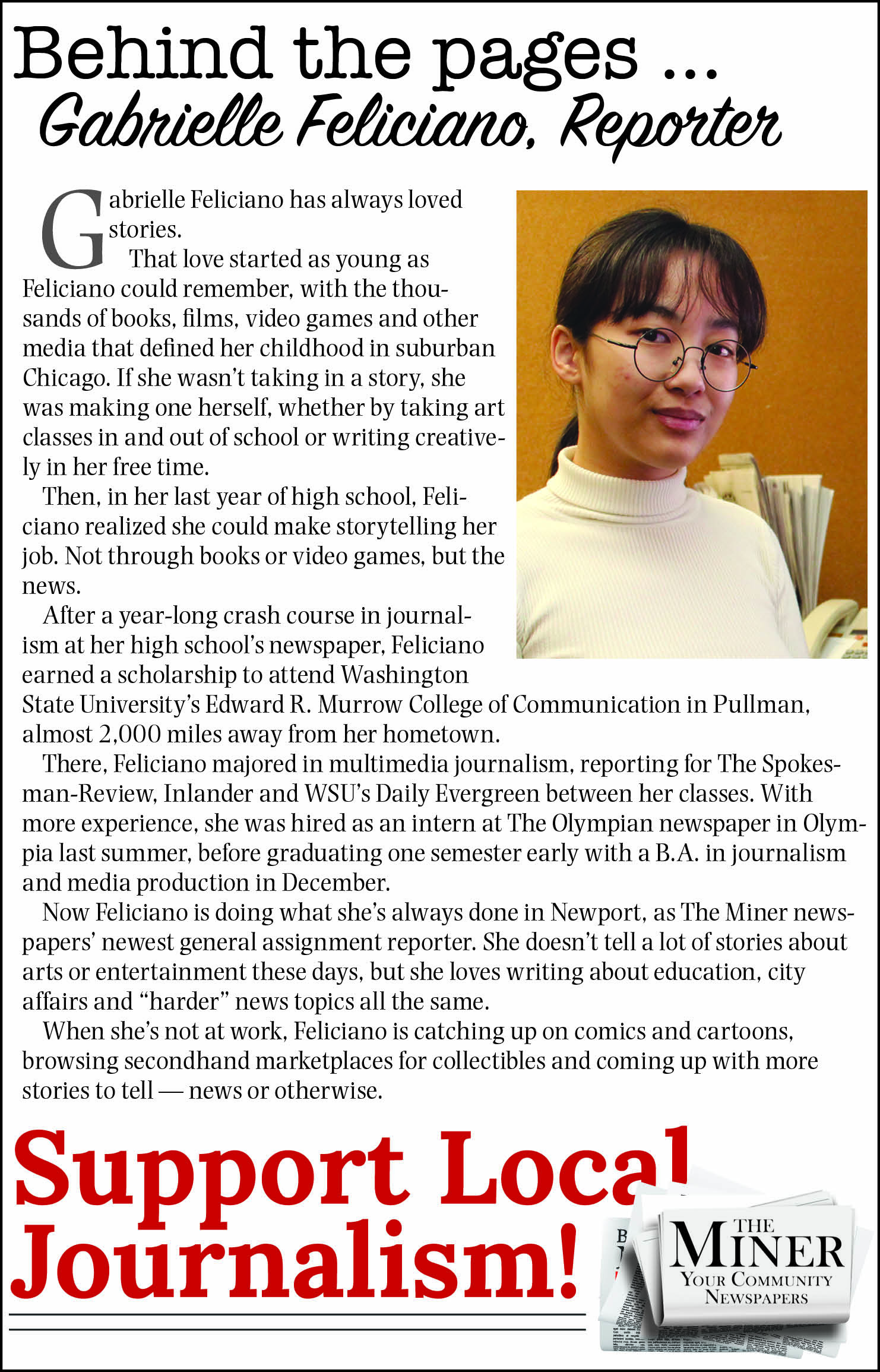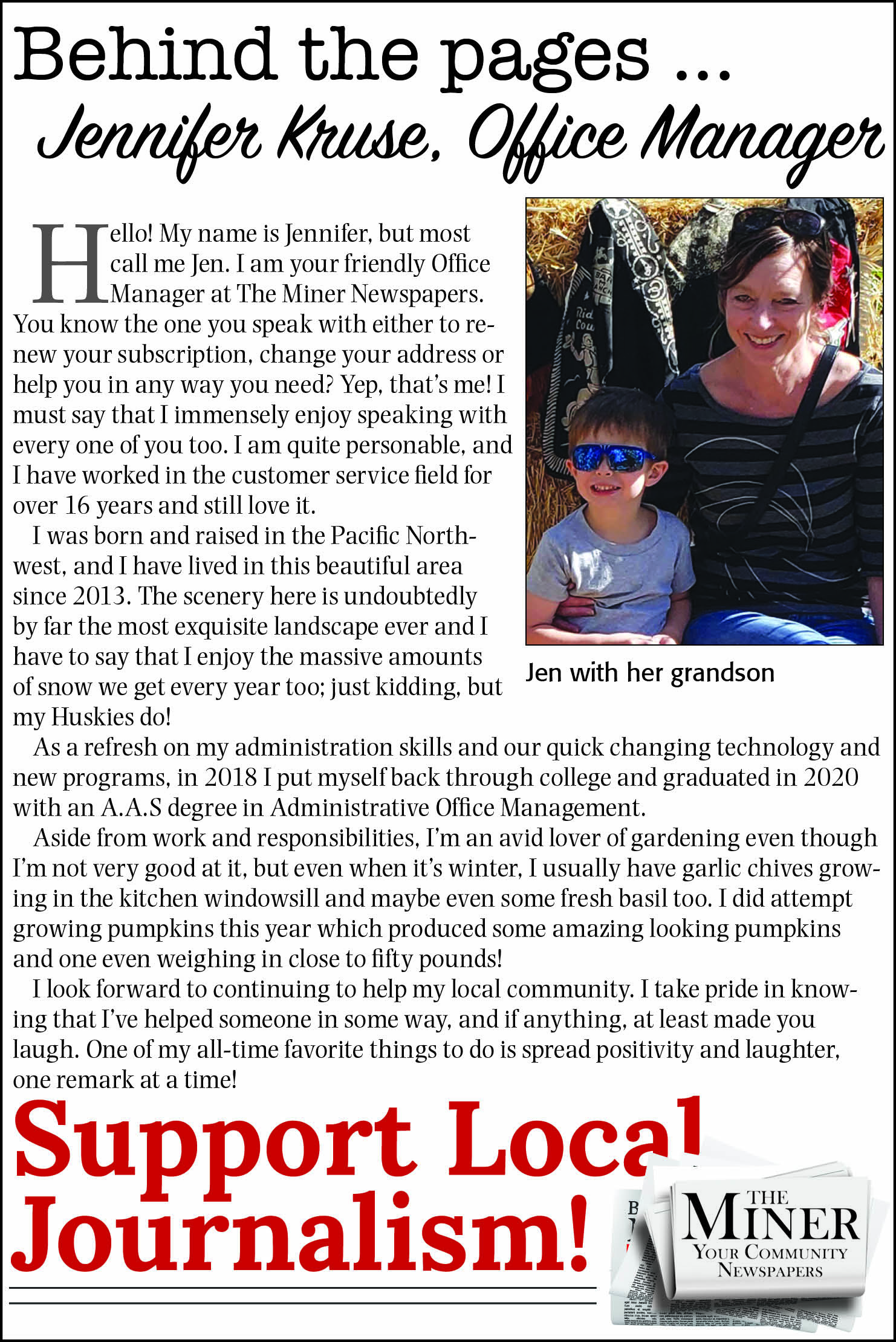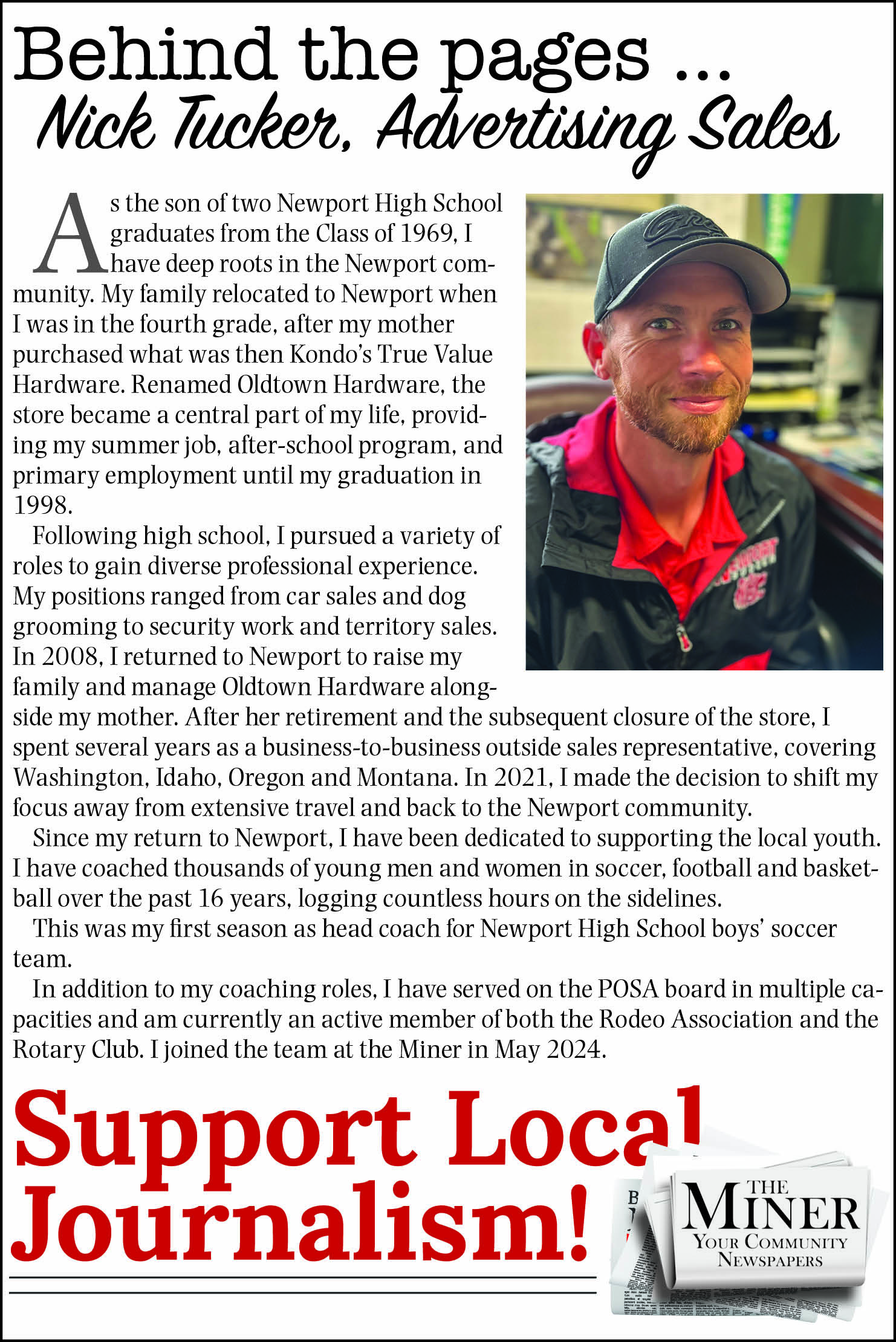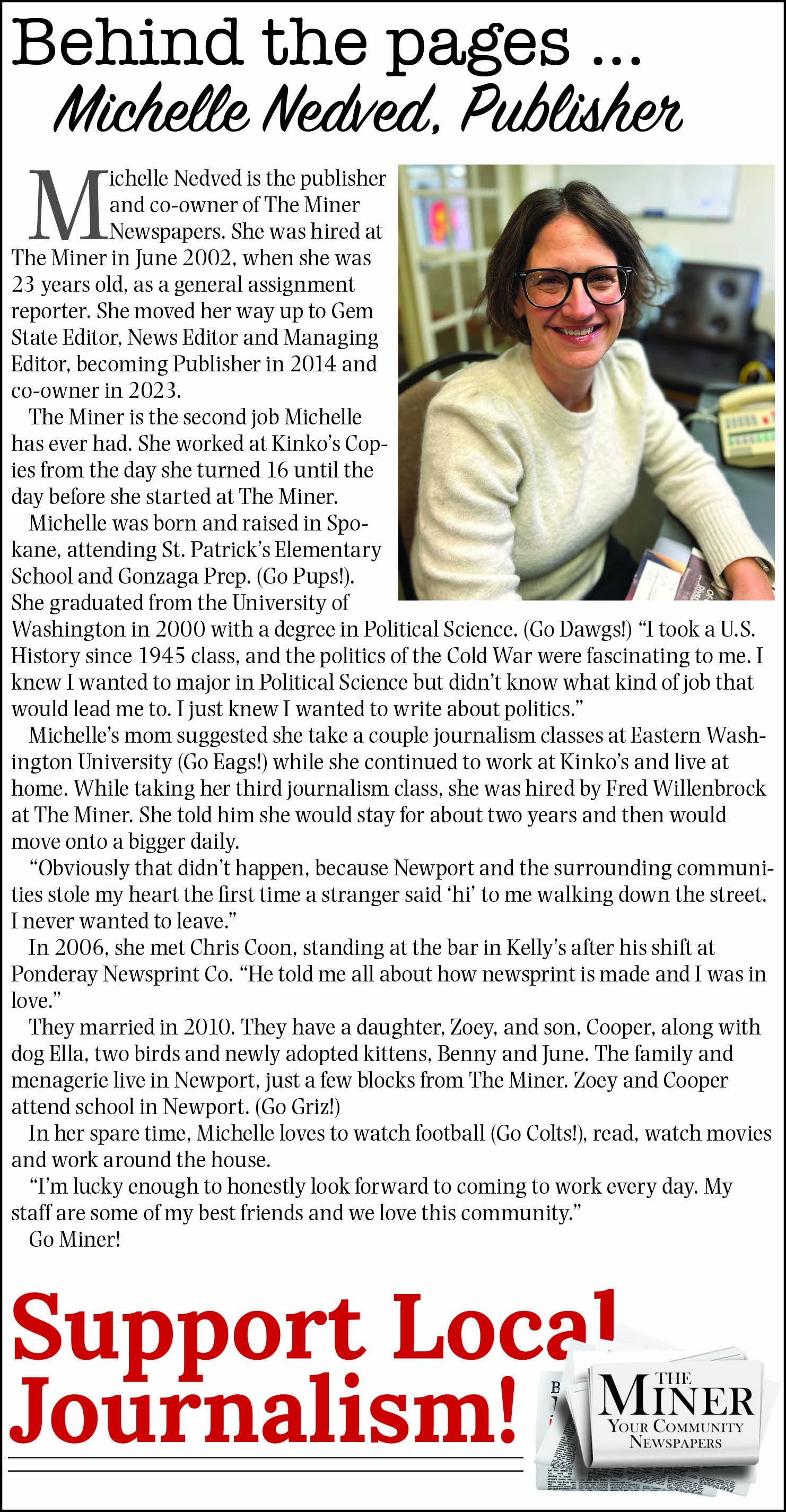What the One Big Beautiful Bill really means for Medicaid and rural healthcare
There’s been a lot of confusion and real anxiety about the One Big Beautiful Bill and its impact on Medicaid. Some say it will slash coverage, force hospitals to close, and leave vulnerable families without care. As someone who hears directly from families across Eastern Washington every day, let’s separate fact from fiction.
Medicaid is critical for our region. Over 259,000 people in Eastern Washington rely on it, but the program as it exists is riddled with inefficiencies, outdated financing and waste that threaten its sustainability.
The One Big Beautiful Bill isn’t about cutting Medicaid. In fact, the Congressional Budget Office projects Medicaid spending will grow by over 30% in the next decade. What the bill does do is reform the way Medicaid is funded to protect its future and improve care quality.
Much of the criticism centers on the restructuring of Medicaid payments to rural hospitals. These concerns stem from changes that address long-standing overpayments by the federal government – overpayments made possible by a complicated, opaque financing system created in Olympia.
Here’s how it worked: Olympia taxed rural health providers and then received extra federal dollars to match. This maneuver didn’t improve care for patients – it just inflated the numbers on paper. The One Big Beautiful Bill phases out this kind of taxpayer fleecing – not by cutting core Medicaid services or eligibility. The bill also aligns provider payments with Medicare rates. Together these changes will lower the cost to taxpayers. These aren’t new ideas—President Obama proposed similar reforms in 2013.
The bill also includes work requirements for able-bodied adults without dependents—requiring 80 hours per month of work, education, job training, or community service. This is similar to Clinton-era welfare reform–with important exemptions for pregnant women, seniors, people with disabilities, and caregivers. The goal is simple: protect the vulnerable but expect contribution from those who can give back.
Health Savings Account eligibility is expanded in the One Big Beautiful Bill for people with Bronze or Catastrophic ACA plans, and it gives employers flexibility to offer telehealth services to employees with high-deductible health plans before they meet their deductible. This improves access and control over healthcare spending for families across our district.
And most importantly for our region, the bill creates a $50 billion Rural Hospital Protection Fund – a strategic investment for rural healthcare providers facing unprecedented financial pressure. States must submit detailed Rural Health Transformation Plans focused on improving access, sustainability, workforce recruitment, and patient-centered care. This fund is designed to keep rural hospitals open and modernize care delivery in communities from Stevens and Pend Oreille to Walla Walla.
When Washington expanded Medicaid in 2013, I was in the state Senate and voted against it because I was concerned it would lead to mismanagement, waste, and a system that would grow faster than taxpayers could afford. Over time, those fears have unfortunately been confirmed. States that declined expansion have fared better fiscally—and they’ve protected care for the most vulnerable without relying on budget gimmicks or funding schemes that mortgage our future.
This bill offers Washington state a chance to lead—to design smarter, locally tailored Medicaid systems and use our share of the $50 billion fund to improve healthcare in smaller communities.
We need bipartisan discussions on honest budgeting, real reform, and patient-first priorities for Medicaid. The One Big Beautiful Bill reinvests in rural healthcare, cuts waste and prioritizes coverage for those who truly need it.
I understand why people are worried. But these reforms do not take effect until 2027, so the state government, which administers Apple Health, our state Medicaid system, has time to study and adjust to these changes.
This law protects care, strengthens rural hospitals, and puts Medicaid on firmer footing for the vulnerable. What we need is a patient-centered, affordable, and transparent healthcare system that supports working families, seniors, and rural hospitals alike. That’s what this bill aims to do—and that’s what I’ll keep fighting for in Congress.
U.S. REP. MICHAEL BAUMGARTNER, R-SPOKANE, REPRESENTS THE 5TH CONGRESSION DISTRICT IN THE U.S. HOUSE OF REPRESENTATIVES, WHICH INCLUDES PEND OREILLE COUNTY.
.png)













